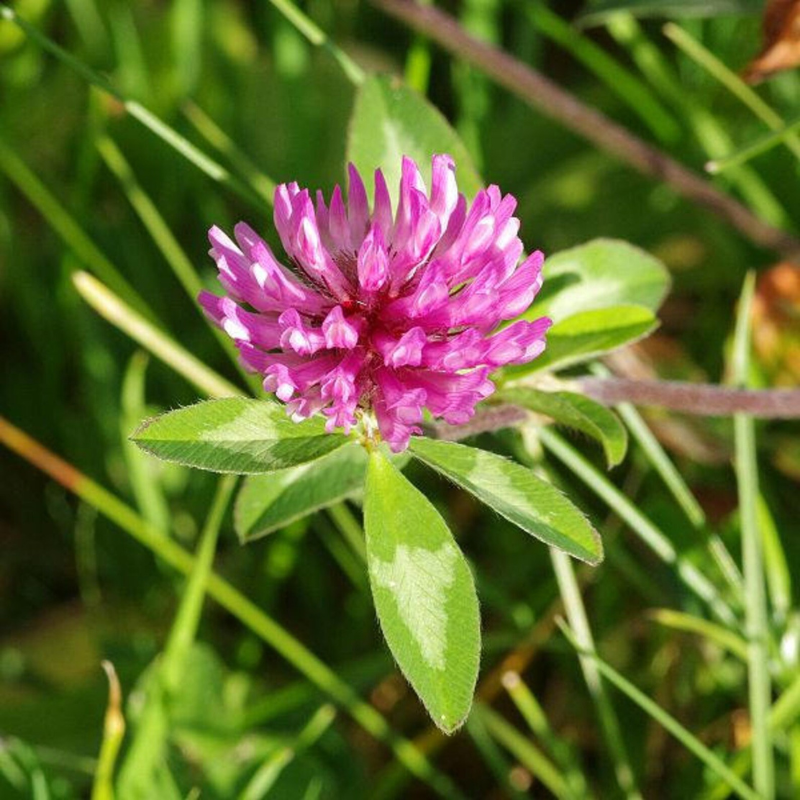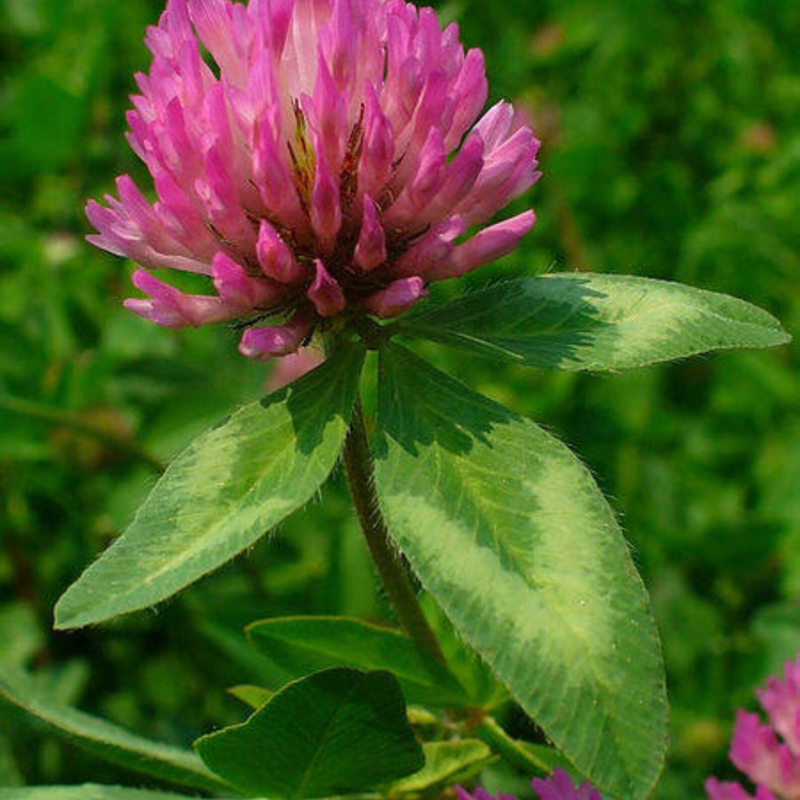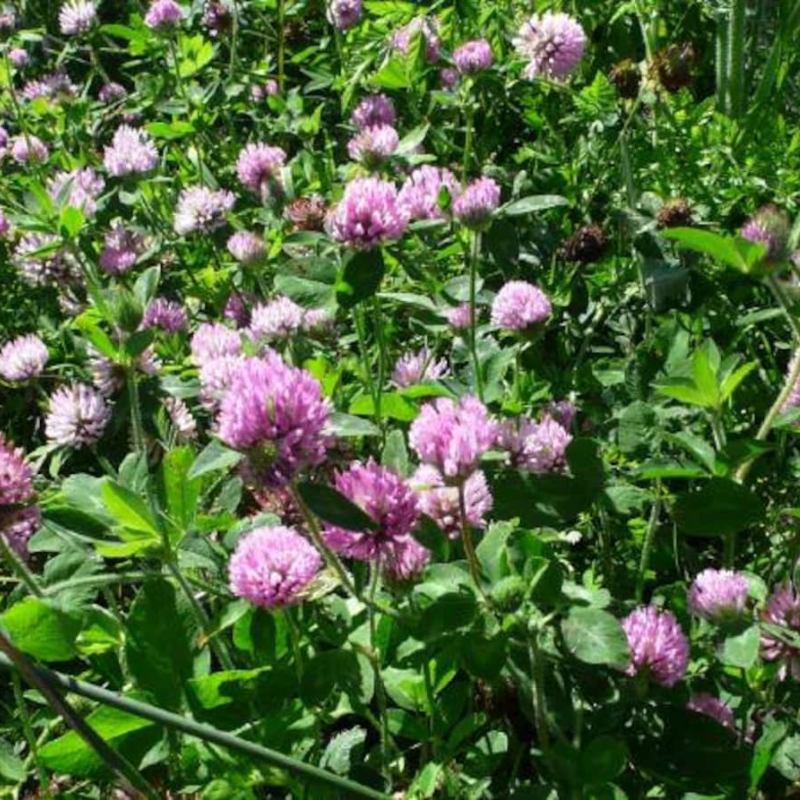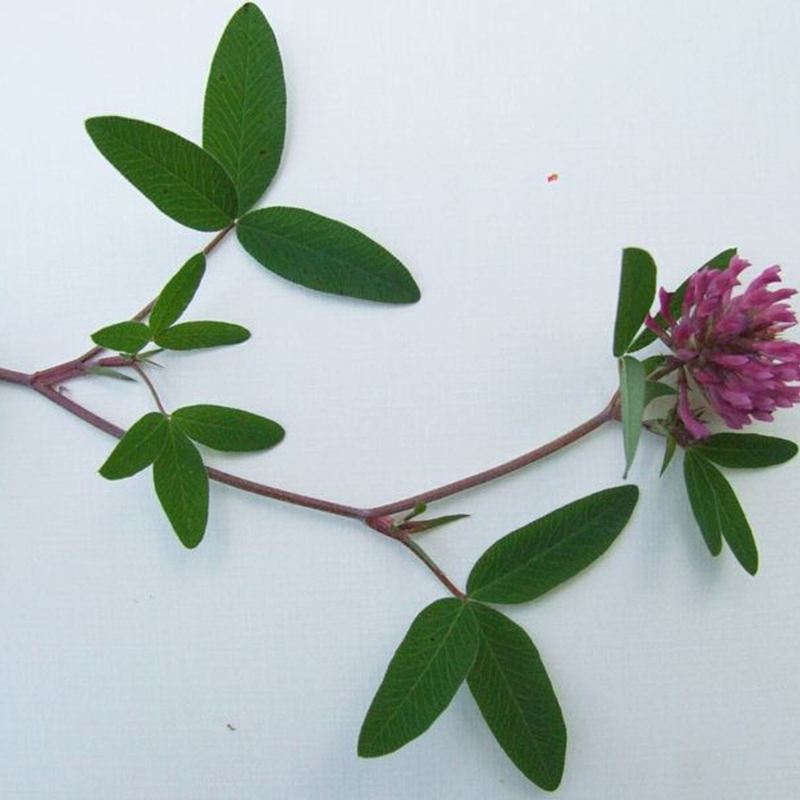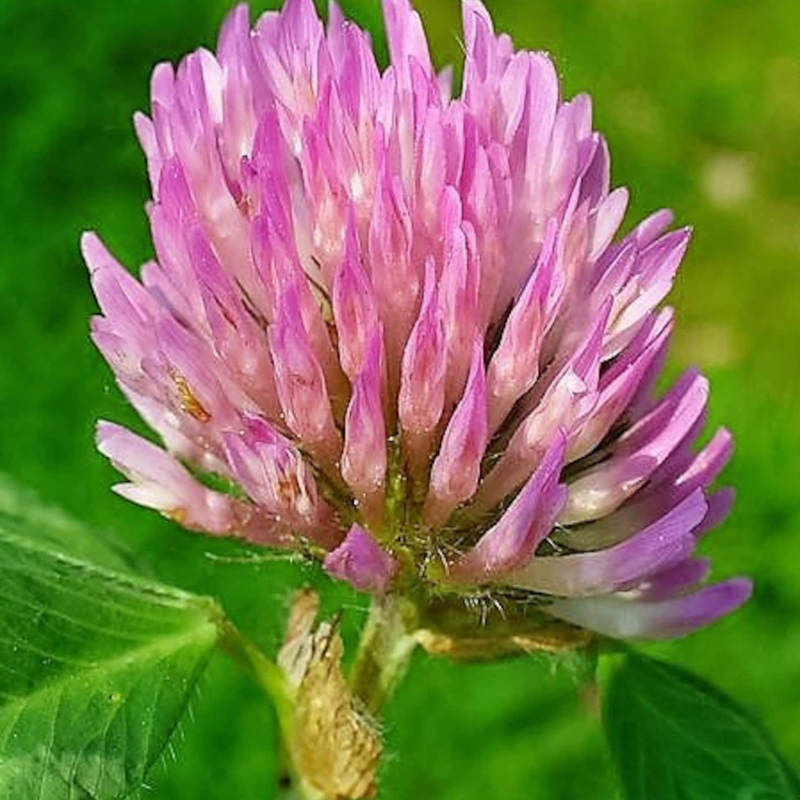- Historical context: Clover has been cultivated for centuries, primarily for its use as a forage crop and soil improver.
- Geographical origination: Clover is believed to have originated in Europe and Asia.
- Relevant cultural significance: Clover has significant cultural importance in various regions, symbolizing luck and prosperity, especially the four-leaf clover.
- Time period of discovery: Clover has been known and utilized since ancient times, with references dating back to early agricultural societies.
- Original habitat: Clover naturally grows in temperate regions, thriving in meadows, pastures, and open fields.
- Notable historical uses: Historically, clover has been used as a forage crop for livestock, a green manure to improve soil fertility, and in traditional medicine for its purported health benefits.
- Ideal temperature range: 15-25°C (59-77°F)
- Soil type: Clover prefers well-drained, loamy soil with a pH range of 6.0 to 7.0.
- Sunlight requirements: Full sun to partial shade.
- Watering needs: Moderate watering; clover is relatively drought-tolerant once established.
- Planting season: Spring or early autumn.
- Germination time: 7-14 days.
- Growth cycle duration: Clover can be an annual, biennial, or perennial, depending on the species.
- Common pests and diseases: Aphids, root rot, and powdery mildew are common issues.
- Companion planting advice: Clover is an excellent companion plant for many crops, including corn, tomatoes, and brassicas, due to its nitrogen-fixing ability.
- Common challenges and solutions: Weed competition can be a challenge; regular mowing and proper spacing can help manage this issue.
- Nutritional values: Clover is rich in protein, vitamins, and minerals, making it a valuable forage crop.
- Health benefits: Clover has been used in traditional medicine to treat various ailments, including respiratory issues and skin conditions.
- Culinary uses: Clover flowers and leaves can be used in salads, teas, and as a garnish.
- Medicinal uses: Clover is known for its anti-inflammatory and antioxidant properties.
- Other unique advantages: Clover is a natural nitrogen fixer, improving soil fertility and reducing the need for chemical fertilizers.
